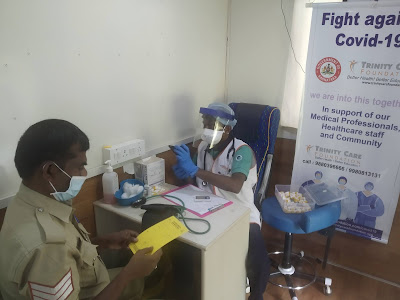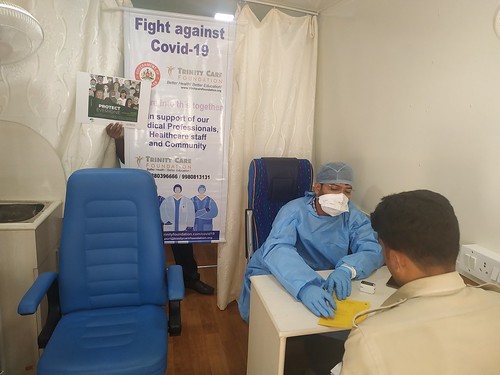Early Childhood Caries
Dental caries (tooth decay) is a disease that may affect the teeth of people of all ages, including young children. It is the most common NCD among children around the globe. The disease affects primary teeth (milk teeth) and permanent teeth.
More information on Ending Childhood Dental Caries - a World Health Organization (WHO) Implementation manual !
Early childhood caries (ECC) affects teeth of children aged under six years. According to the Global Burden of Disease Study in 2017, more than 530 million children globally have dental caries of the primary teeth. However, as primary teeth are exfoliated due to growth of the child, #ECC has previously not been considered important.
Dental caries can lead to abscesses and cause toothache, which may compromise ability to eat and sleep and restrict life activity of children.
Dental caries influences general health and quality of life. Dental caries links with several frequent diseases of childhood, primarily due to common risk factors. For instance, dental caries can co-occur with obesity, as both diseases are related to diet and nutrition. Moreover, nutritional status affects teeth pre-eruptively, although this is less important than the post-eruptive local effect of diet. Undernutrition coupled with a high intake of sugars may exacerbate caries.
Across the world, dental caries is particularly frequent or severe among underprivileged and disadvantaged groups of children. Socioeconomic factors also play a crucial role in the scope of services covered by primary oral health care. In many countries, poor children are underserved by dental care since access to dental care is not equitable.
Prevalence of ECC is increasing rapidly in low and middle-income countries, and dental caries is particularly frequent or severe among children living in deprived communities. In many countries, access to dental care is not equitable, leaving poor children and families underserved.
Know more of Ending Childhood Dental Caries - WHO Implementation manual !
Trinity Care Foundation is a Non-Profit Organization with main focus on enhancing the public programs effectiveness and strengthening the community programs by reaching out to the socially and economically underprivileged sections of the society both in rural and urban India since 2007.
Trinity Care Foundation focuses on low-income/government schools in Karnataka State, India, and undertakes free School Health initiatives, more information at : http://www.trinitycarefoundation.com/schoolhealth/
&&&






























